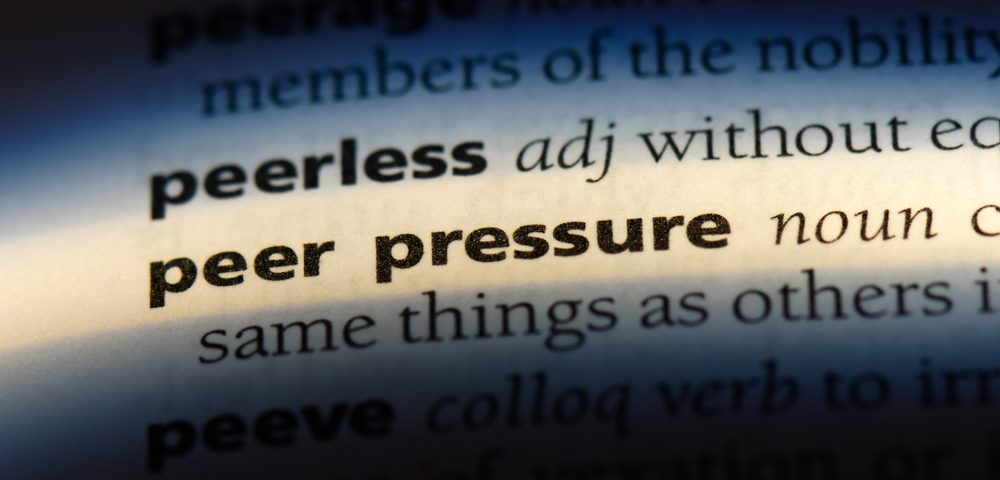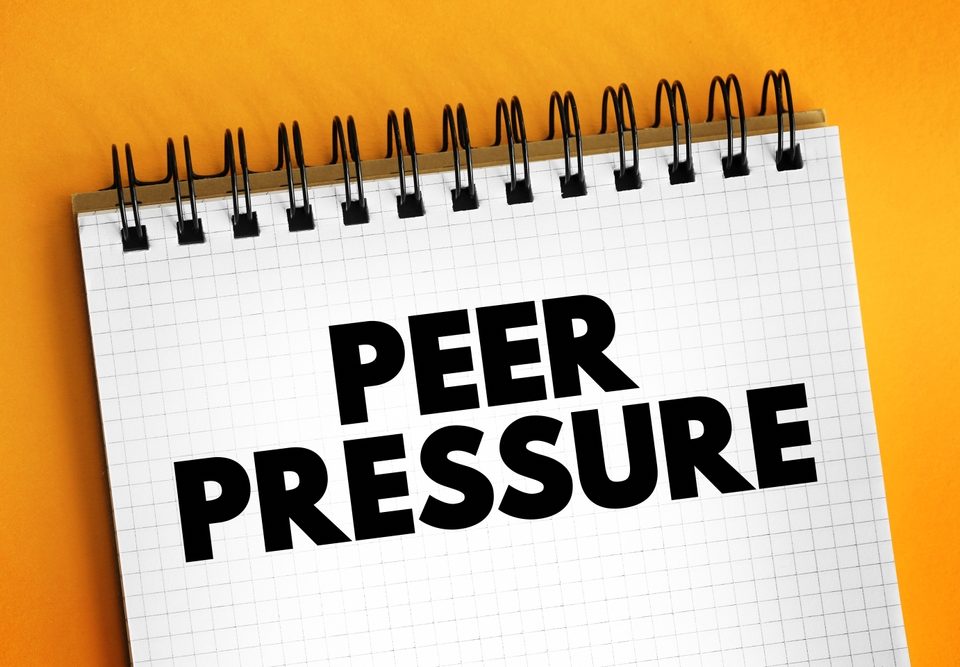
Types of Common Eating Disorders
February 5, 2024
Signs that your Preschooler Is Struggling with Boundaries
February 9, 2024Helping kids navigate peer pressure is crucial for their social and emotional development.
Here are some tips to assist them:
- Open Communication:
- Foster an open and non-judgmental communication environment. Make sure your child feels comfortable talking to you about their experiences, concerns, and feelings.
- Educate About Peer Pressure:
- Ensure your child understands what peer pressure is and that it can be both positive and negative. Help them distinguish between healthy influence and situations that may lead to risky behavior.
- Teach Assertiveness:
- Equip your child with assertiveness skills so they can confidently express their thoughts and feelings. Role-play various scenarios to help them practice saying “no” in a firm but respectful manner.
- Set Clear Expectations:
- Establish clear expectations and boundaries. Make sure your child knows your family values and what behavior is acceptable. This can give them a foundation to resist negative peer pressure.
- Build Self-Esteem:
- Encourage and praise your child for their accomplishments. A child with a healthy self-esteem is more likely to resist negative influences and make choices based on their values.
- Teach Decision-Making Skills:
- Help your child develop critical thinking and decision-making skills. Discuss potential consequences of different choices, and encourage them to think through the possible outcomes before making decisions.
- Encourage Healthy Friendships:
- Foster positive friendships and social connections. Encourage your child to surround themselves with friends who share their values and interests. Positive peer influence can be a powerful tool against negative peer pressure.
- Lead by Example:
- Demonstrate positive behavior in your own life. Children often model their behavior on what they observe in their parents or other significant adults.
- Monitor Social Media:
- Be aware of your child’s online activities and social media interactions. Discuss the potential impact of online peer pressure and cyberbullying, and establish rules for safe internet use.
- Provide a Safety Net:
- Let your child know they can always turn to you for support. Create a safety net where they feel secure discussing their concerns without fear of judgment or punishment.
- Involve School and Teachers:
- Communicate with your child’s school and teachers to understand the social dynamics. Work collaboratively to address any issues and create a supportive environment.
- Seek Professional Help if Needed:
- If your child is struggling with peer pressure or related issues, consider seeking the help of a counselor or therapist who specializes in children’s mental health.
Remember, it’s essential to balance guidance with allowing your child to develop their independence and decision-making skills. Providing a supportive environment and consistent communication can empower them to make positive choices in the face of peer pressure.
MASK offers many platforms to support.
Check out the:
The MASK E3 Institute is a comprehensive year-long multi-year approach to building and strengthening life skills for children, including, MASK Academy (kindergarten-6th grade), MASK Prep (middle and high school),and Parent University. The digital format teaches pre-kindergarten through college-age students pro social-emotional skills. MASK tackles important topics – from drugs and alcohol to bullying and Internet safety – and gives students, parents and the community the knowledge and tools to manage these potential challenges.
Available for schools, clubs, organizations, homeschooled students and for individuals to use at home.
To learn more check out https://e3.maskmatters.org
Subscribe to MASK The Magazine-
To learn more tips and parenting subscribe to MASK The Magazine, parenting solutions for today’s families
https://www.maskmatters.org/product/mask-the-magazine/




